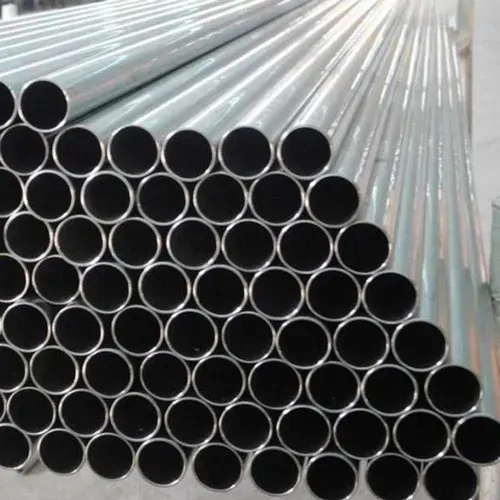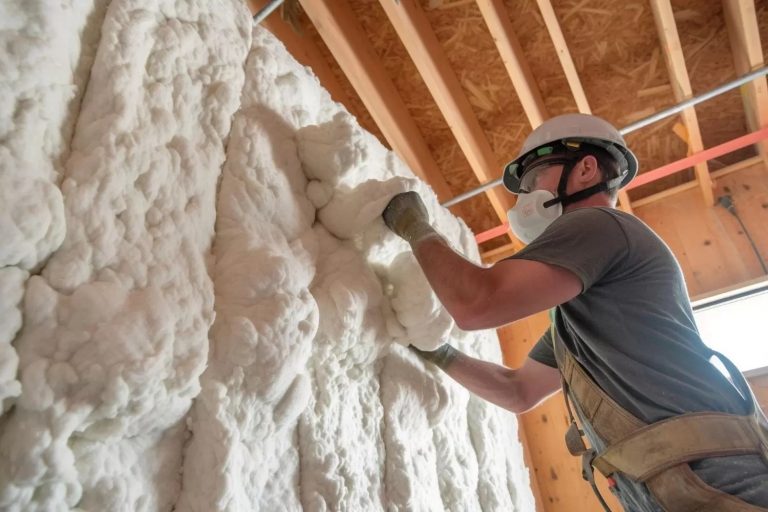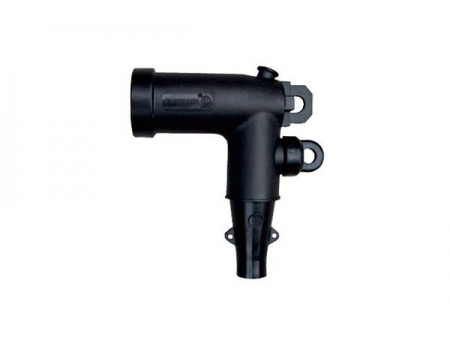Zinc Coated Carbon Steel: Enhancing Durability with Corrosion Resistance

Zinc-coated carbon steel, also known as galvanized steel, is a highly durable and versatile material that offers significant protection against corrosion. The process of coating carbon steel with a layer of zinc provides numerous advantages, making it a popular choice in industries where exposure to harsh environmental conditions is common. This article will explore the key features, benefits, and applications of zinc-coated carbon steel, highlighting its importance in enhancing durability and longevity.
What is Zinc Coated Carbon Steel?
Zinc-coated carbon steel is carbon steel that has been coated with a thin layer of zinc. This is typically achieved through a process called hot-dip galvanizing, where the steel is dipped into molten zinc, forming a protective barrier. The zinc coating serves as a sacrificial layer, protecting the steel from corrosion by acting as a barrier to moisture, oxygen, and other corrosive elements. Even if the coating is scratched or damaged, the zinc will corrode preferentially to protect the underlying steel.
Key Benefits of Zinc-Coated Carbon Steel
- Superior Corrosion Resistance:
- One of the primary reasons for using zinc-coated carbon steel is its excellent corrosion resistance. Zinc naturally forms a protective oxide layer on the surface when exposed to the environment, which significantly delays the corrosion of the underlying steel.
- Zinc-coated carbon steel is highly resistant to rust, oxidation, and other forms of corrosion, even when exposed to moisture, chemicals, or harsh weather conditions.
- Extended Lifespan:
- The corrosion-resistant properties of zinc-coated carbon steel help to extend the lifespan of the material. This is particularly valuable in industries where steel components are exposed to outdoor elements, such as in construction, transportation, and marine environments.
- The longevity of zinc-coated steel can range from 10 to 50 years or more, depending on the thickness of the zinc coating and the environmental conditions.
- Cost-Effectiveness:
- While stainless steel can offer similar corrosion resistance, zinc-coated carbon steel is often more affordable, making it a cost-effective alternative for many applications.
- The durability provided by the zinc coating reduces the need for frequent replacements or maintenance, offering long-term savings.
- Improved Strength:
- Carbon steel is already known for its strength and structural integrity. The addition of a zinc coating not only enhances its durability but also helps to improve its overall tensile strength and resilience against mechanical stresses and wear.
- Enhanced Aesthetic Appeal:
- The shiny, metallic appearance of zinc-coated carbon steel is often desired for aesthetic purposes, especially in architectural and decorative applications.
- The finish can also be improved by various post-treatment processes, such as chromate conversion or painting, to achieve a more polished look and enhance resistance to environmental factors.
- Environmental Protection:
- Zinc is a natural element that is both abundant and environmentally friendly. It is non-toxic and can be recycled indefinitely without losing its properties, making zinc-coated carbon steel an eco-friendly choice.
- The use of zinc coatings on carbon steel helps reduce waste, as it prolongs the lifespan of steel components and minimizes the need for replacements.
Common Applications of Zinc-Coated Carbon Steel
- Construction and Infrastructure:
- Zinc-coated carbon steel is widely used in building materials such as roofs, siding, and reinforcing bars. Its resistance to rust makes it an ideal material for structural components exposed to the elements, such as bridges, fences, and railings.
- It is also used for steel framing, fasteners, and reinforcement mesh, where the material’s ability to withstand harsh weather conditions is crucial.
- Automotive Industry:
- Zinc-coated carbon steel is commonly used in automotive parts such as body panels, bumpers, exhaust systems, and chassis components. The material’s resistance to corrosion helps vehicles maintain their appearance and structural integrity, even in humid or salty environments.
- Galvanized steel is especially important in regions with extreme climates, where vehicles are exposed to snow, salt, and moisture.
- Marine Applications:
- In the marine industry, zinc-coated carbon steel is used for boat trailers, marine structures, and shipbuilding. The material’s excellent resistance to saltwater and humidity makes it ideal for marine environments, where exposure to corrosive elements is a constant concern.
- Agricultural Equipment:
- Zinc-coated carbon steel is used extensively in the agriculture industry for items such as farm gates, fencing, storage silos, and machinery components. The material helps protect against rust in environments exposed to rain, fertilizers, and chemicals.
- Its durability also ensures that agricultural equipment lasts longer, reducing maintenance costs and downtime.
- Energy and Utilities:
- In the energy and utilities sector, galvanized steel is used for power transmission lines, poles, towers, and piping systems. Its ability to withstand exposure to harsh outdoor elements makes it a valuable material in the construction of infrastructure for power generation, transmission, and distribution.
- Home Appliances:
- Zinc-coated carbon steel is used in the manufacturing of appliance components such as dishwashers, washing machines, and refrigerators. The corrosion-resistant properties help ensure the longevity of the appliances, even in moist or humid conditions.
Manufacturing Processes for Zinc-Coated Carbon Steel
- Hot-Dip Galvanizing:
- The most common method of applying a zinc coating to carbon steel is through the hot-dip galvanizing process. In this method, the steel is heated and then immersed in molten zinc. This creates a strong bond between the zinc and the steel, forming a durable and corrosion-resistant layer.
- Electro-Galvanizing:
- In electro-galvanizing, zinc is applied to the steel using an electric current. While this process results in a thinner zinc coating compared to hot-dip galvanizing, it still provides some level of corrosion resistance. It is often used in applications where a smooth finish is required, such as automotive parts.
- Mechanical Plating:
- Mechanical plating is a process where zinc particles are applied to steel using a mechanical process rather than heat or electricity. This method is often used for smaller components such as fasteners and nuts.
Conclusion
Zinc-coated carbon steel is a reliable and cost-effective material that significantly enhances the durability and performance of steel components in various industries. By offering exceptional corrosion resistance, extended lifespan, and improved strength, it is an ideal choice for applications exposed to harsh environmental conditions. Whether used in construction, automotive manufacturing, marine applications, or agriculture, zinc-coated carbon steel plays a critical role in ensuring the longevity and reliability of products across multiple sectors.






